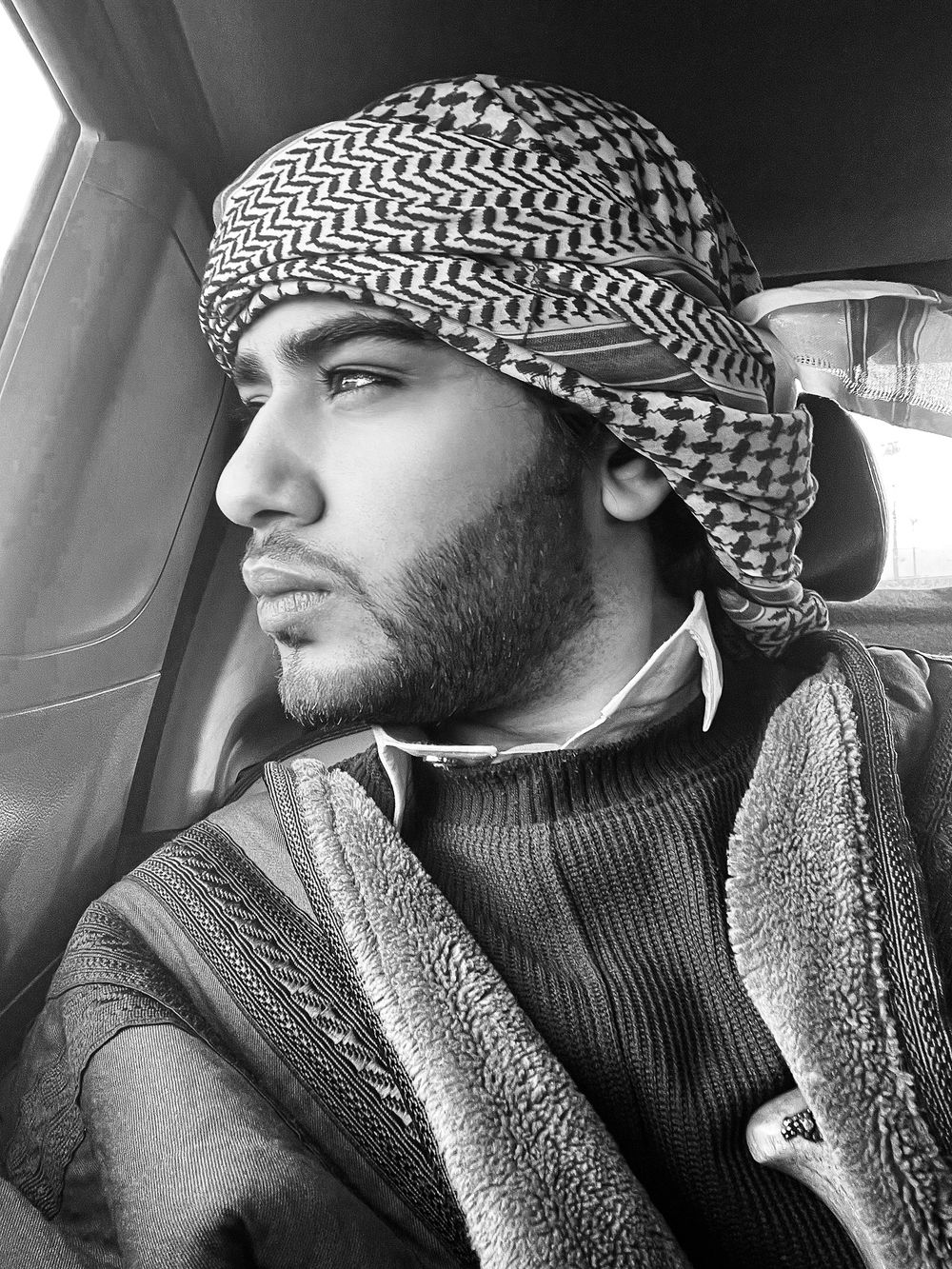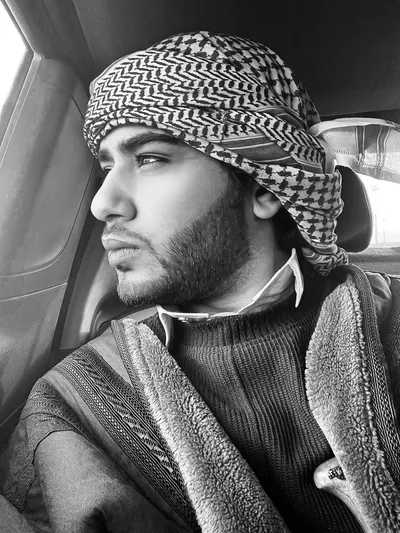

My story of the war in Yemen begins with planes bombing a camp near my home in Sana’a. Every time I heard the airstrikes, I felt anxious and stressed. I was scared that a plane would miss its target and hit my house, and I would lose a relative. I imagined people suffering under the rubble, like the images I had seen on TV.
The bombing was mostly at night, which made it hard to sleep and get up for university in the morning. I felt lethargic and I had trouble concentrating, and my academic performance was impacted. I wondered if I would be able to finish my higher education during this war.
The anxiety, insomnia, and stress impacted my general health and social relationships, too. I could only think about the bombing. I said to myself: “What if the university is bombed? Where will I hide? What will it be like?” I imagined all the scenarios. I felt extreme mental and emotional pressure, and I lost some Every morning I heard mosques reading out passages from the Quran on their loudspeakers, passages that mean someone else had died. Eventually it became routine: waking up, learning of another death. Sirens and the sounds of warplanes and missiles became routine, too.
I was determined to continue my studies, and not to give in to the difficult circumstances. But the COVID-19 pandemic hit, and things went from bad to worse. I was in my second year at university then, and I didn’t know what I should worry about the most: my future, my health, the stress, the war. It was exhausting, and there were days when I was so depressed that I thought about ending my life. But my religion stopped me, and I started going to the mosque to pray, and to relax. It became my only refuge.
Everyone around me seemed to have slowed down, like Sana’a was a city of the living dead. Things kept getting worse, until I realised that I had to take control of my life as much as possible. Nobody was coming to help me, so I had to help myself.
Through all of this, I learned that Yemenis can adapt and survive in the face of the worst. We have lived through harsh conditions, and faced them with patience and optimism.
I began to learn how to deal with stress and anxiety. I learned about willpower and resilience. I decided not to let the war control my life, and I continued my education.
I also learned the importance of social support, and staying in touch with friends and family. Through it all, they provided me with support and encouragement.
I know that we can’t avoid the war. But in some ways, we can change how it impacts our lives.